
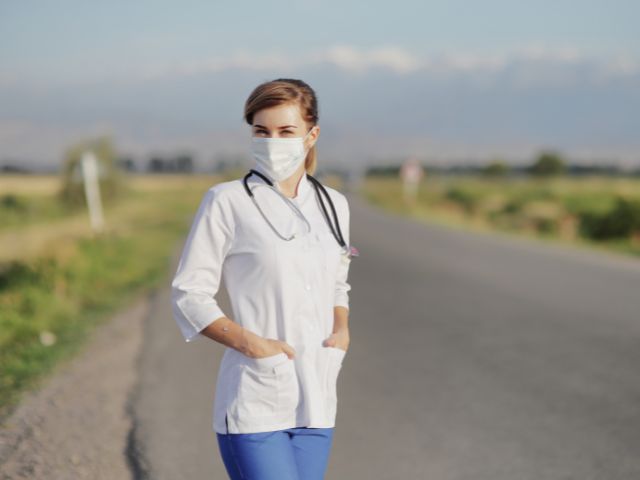
Health care is one of the most important things keeping people around the world healthy, but in America, access to that health care can be tricky. It’s a big country, and while many people live in and around metropolitan areas, others live in rural areas where health care is difficult to deliver and obtain. This geographic isolation makes obtaining this health care challenging for residents in these rural areas.
One of the biggest barriers getting in the way of people’s pursuit of health care is finances. Six in 10 Americans don’t have 500 dollars in savings, meaning they can’t handle an unexpected expense like a medical bill. This lack of savings is common in metropolitan areas, but in these cities, there are different programs, vouchers, and affordable clinic options so that people can still get some form of care.
People in rural areas don’t have this luxury. Like the other Americans, many don’t have that money in savings. To obtain any health care, these rural populations often need to take the day off of work to drive to a bigger city to get the care they need. It’s a significant financial barrier that many would rather not deal with.
Another reason health care is so difficult in these rural areas is that there’s much less access. As mentioned in the last point, people in these rural areas will often need to make going to the doctor their whole day because of the distance between their communities and the actual health-care facilities. This geographic isolation leads people to stay home or go to work instead of seeking treatment.
It’s a problem, but mobile health clinics are helping these rural populations by presenting themselves as a strong alternative, going to where people need help instead of making people come to them. There aren’t many mobile clinics working currently, but the ones seeing patients deliver care to people who may have never visited a traditional health clinic.
Food deserts are another reason why health care can be difficult in rural areas. In larger cities and many agriculture-based communities, there is access to fresh produce that makes living healthier and easier. Unfortunately, many people don’t live in areas like this—instead, they live in food deserts that lack access to fresh foods. Without these foods, more people in these areas rely on highly processed foods, contributing to worse health issues.
Health care is difficult in rural areas, but things are moving forward, and these rural populations are finding access to health care in ways they never thought were possible. In some instances, health-care facilities and practitioners are coming to them, and in others, the public is learning more and more about what they need to do to stay healthy. It still isn’t easy, but the people in these rural areas have the steps in front of them to get the health care they need.
24World Media does not take any responsibility of the information you see on this page. The content this page contains is from independent third-party content provider. If you have any concerns regarding the content, please free to write us here: contact@24worldmedia.com

Lynnfield comes up empty–handed in semifinals

Police Logs 11/19/24 – Itemlive
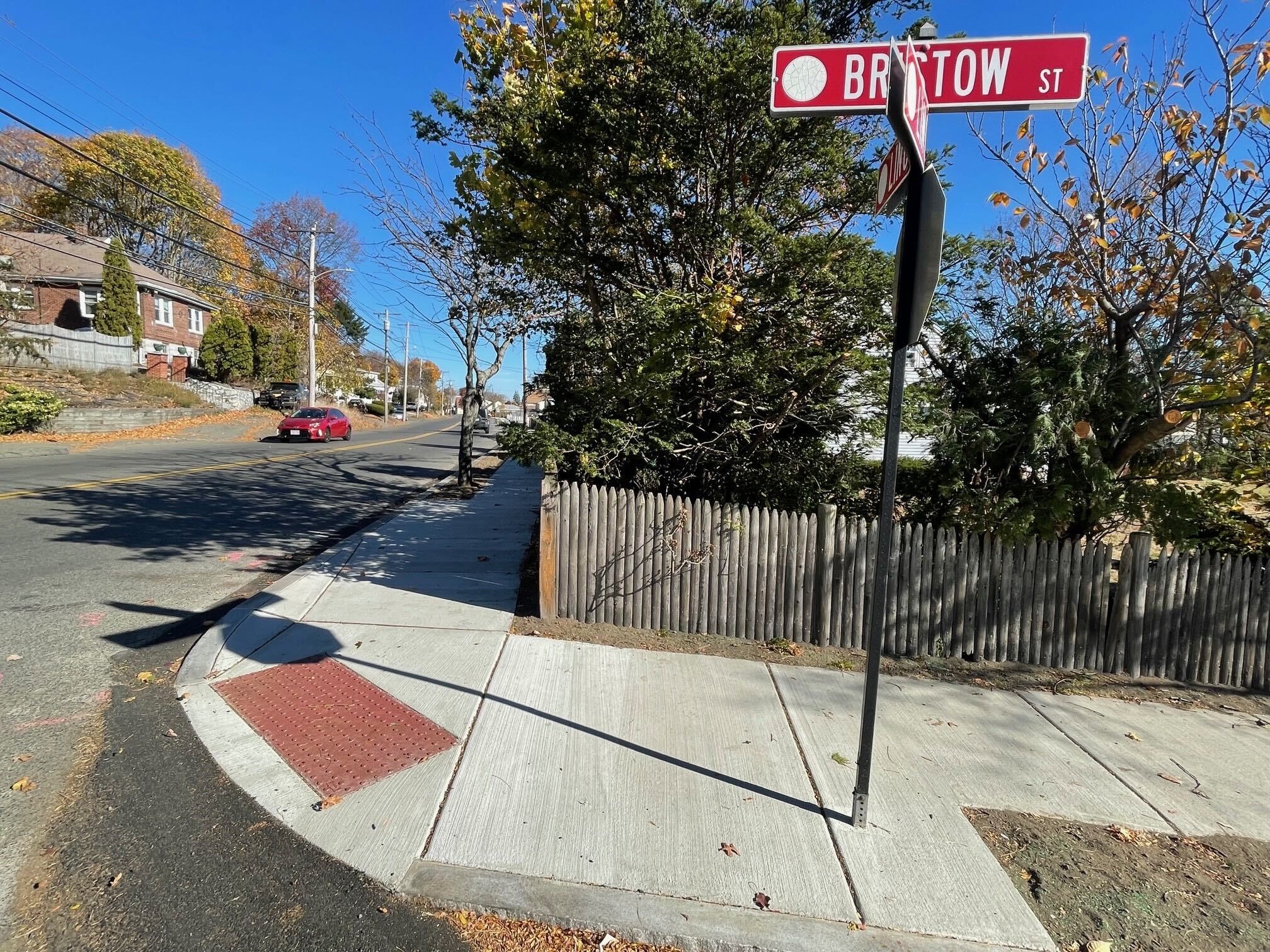
Saugus prioritizes sidewalk repairs in ’24

Two new Lynn police officers sworn in

LTTE: Lynn council weighs tenant protections

LTTE: Agreeing with Moulton on fairness in sports
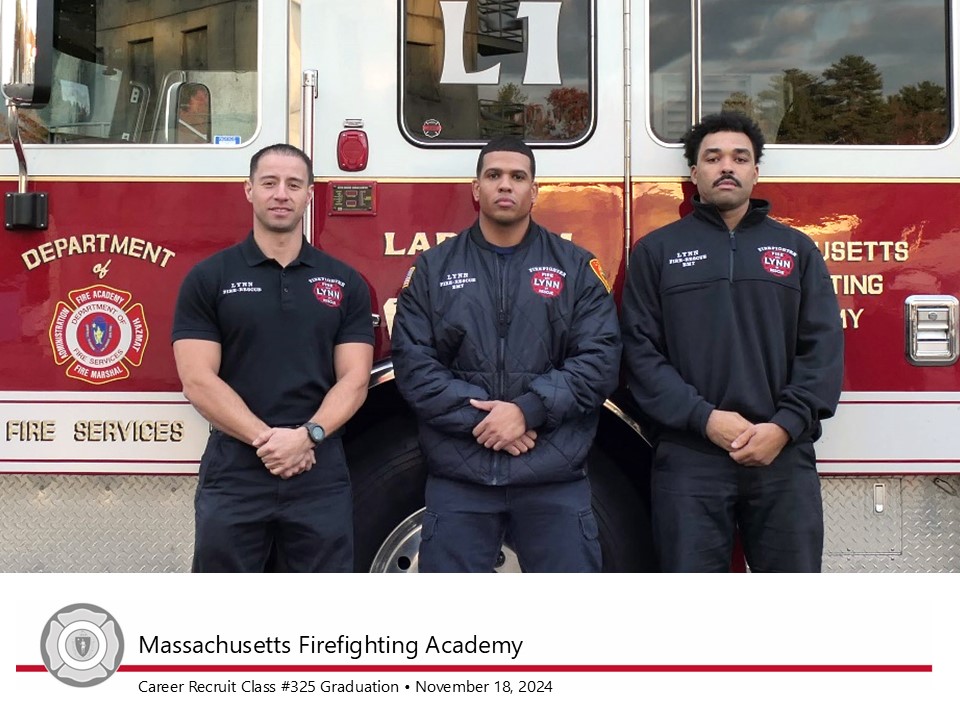
Lynn firefighters graduate from academy

Editorial: Trump’s deportation plans need compassion and humanity
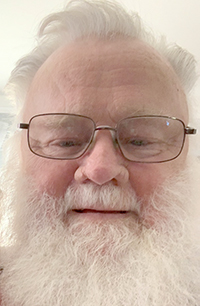
Thomas E. Fox Sr. – The Suffolk Times
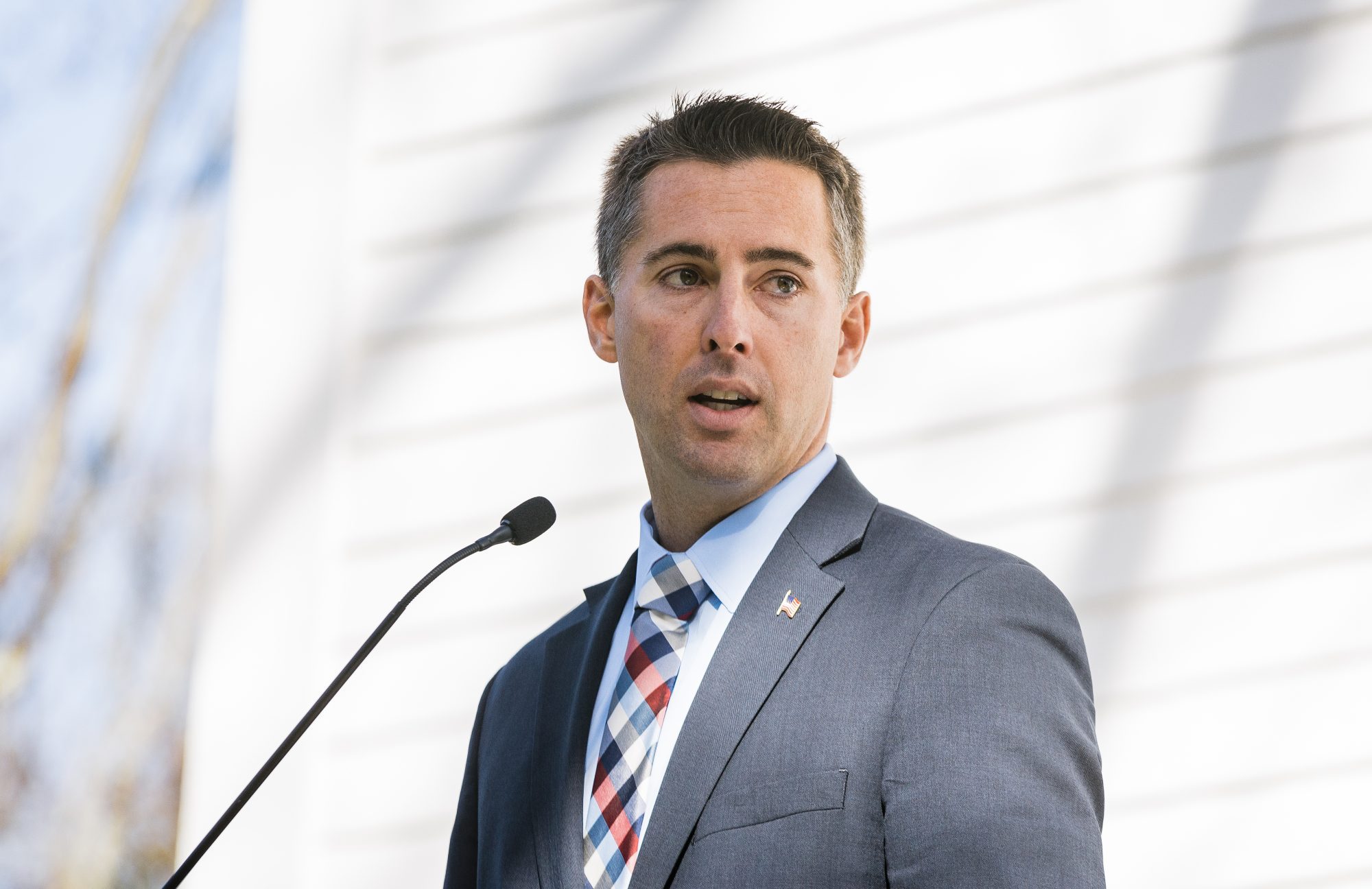
Sweeping economic development bill passes Massachusetts Legislature

Richard Harris Baker – The Suffolk Times
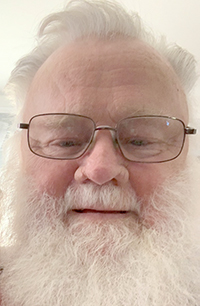
Thomas E. Fox Sr. – The Suffolk Times